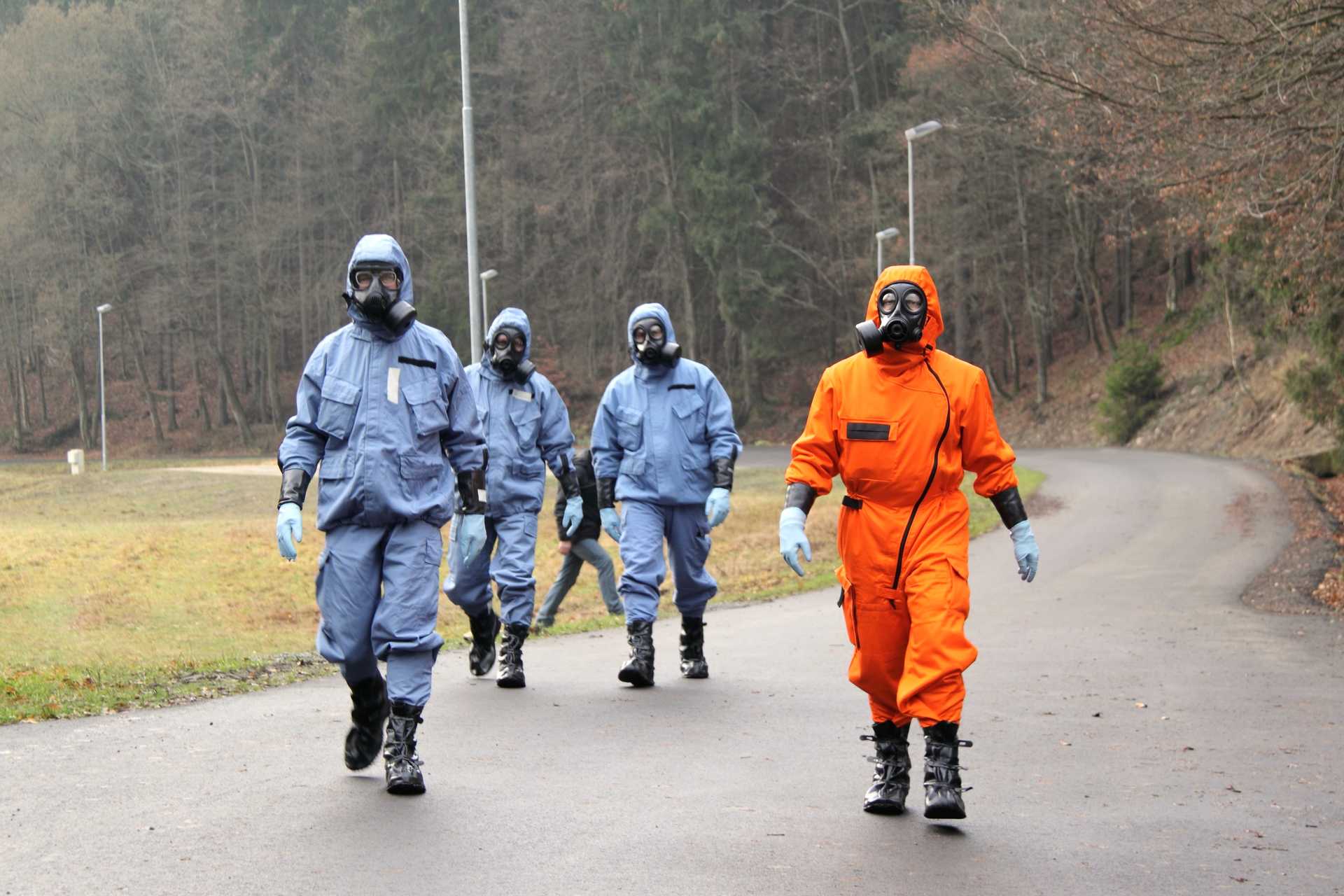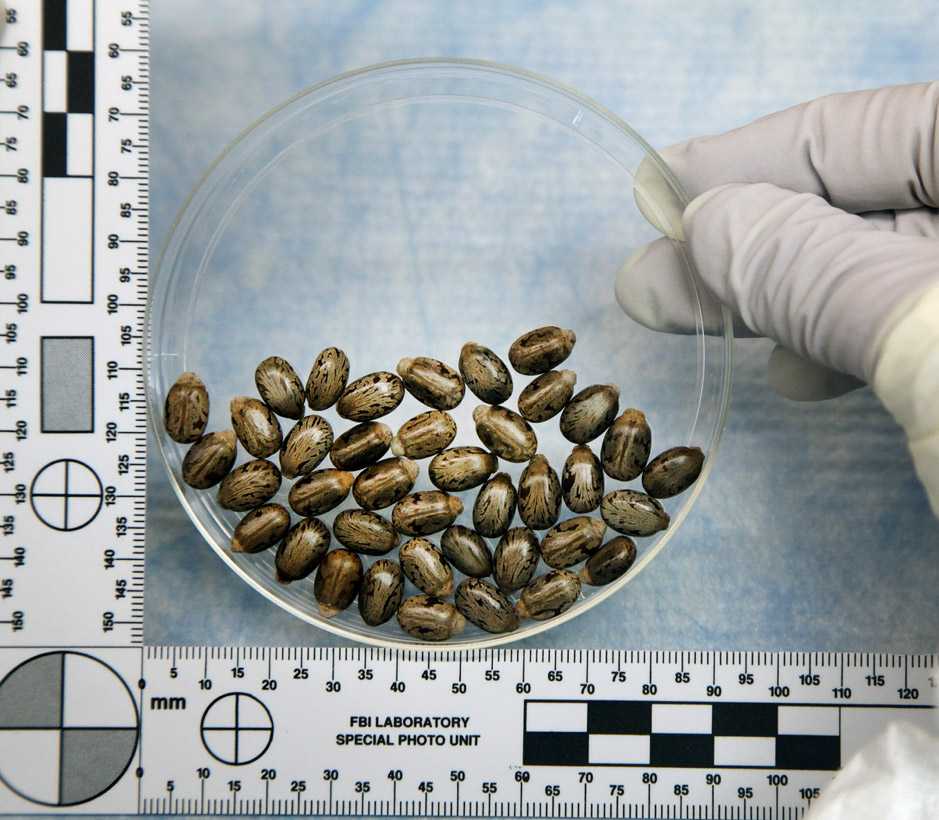
Overview: National Enforcement of Non-Proliferation and Disarmament Law
This video lecture covers the following topics:
- national authority
- national inspections
- national investigations
- national enforcement in domestic courts
National Enforcement of Non-Proliferation and Disarmament Law
National authority
To apply a treaty or multiple treaties at the national level, states often establish national structures with such authority.
In certain cases, establishment of such a national structure is required by the treaty. For example, under Article VII (4) of the Chemical Weapons Convention, each State Party must designate or establish a National Authority in order to fulfil its obligations under the Convention. Currently 191 (99% of) States Parties, have done so.
Similarly, nuclear treaties require the creation of a regulatory body to establish requirements and regulations concerning nuclear energy and/or the handling of radioactive sources.
National inspections
Inspections are a method to verify compliance with obligations.
Apart from international inspections, for example by the Organisation for the Prohibition of Chemicals Weapons or the International Atomic Energy Agency, states can create a national inspection system to monitor and verify compliance with national legislation.
National investigations
As with inspections, investigations can occur at the international and national level.
National law enforcement agencies will be the first to investigate any suspicious activity by individuals, groups or companies in the state’s territory or control.
The following are hypothetical examples of situations that require national investigation:
- an individual poisoning another individual
- a group of individuals seeking to create a biological weapon for terrorism purposes
- a company not abiding with rules concerning the transfer of toxic chemicals
Case Study I: A Criminal Case in the United Kingdom
On 7 November 2014, a graphic designer from London was imprisoned for three years for acquiring the toxin abrin without a lawful justification. Exposure to abrin can be fatal and there is no known antidote.
This marked the first occasion in which a person had been convicted under the United Kingdom’s Biological Weapons Act 1974. This act implements the Biological and Toxin Weapons Convention in the United Kingdom.
The BWC entered into force on 26 March 1975, which is also when it entered into force for the UK. Together with Russia and the United States, the UK is a Depositary of the Convention.
Since abrin is a toxin (a toxic chemical produced by living organisms) it falls under the Chemical Weapons Convention (CWC) as well. There is therefore some overlap between the BWC and the CWC.

The toxin abrin is found in the seeds of the rosary pea plant, commonly used as beads in rosaries and jewellery.
According to Section 1(1)(a) of the United Kingdom’s Biological Weapons Act, the acquisition of biological agents and toxins, like abrin, is forbidden if there is no ‘justification for prophylactic, protective or other peaceful purposes’.
A UK court established that the graphic designer had purchased the toxin with the intent of primarily using it to poison her mother, or alternatively, to commit suicide after a period of prolonged conflict between the two of them. She was therefore convicted for acquiring the toxin without a peaceful purpose.
Pursuant to Section 1(3) of the Biological Weapons Act, the maximum penalty for the offences relating to biological weapons in Section 1(1)(a) is life imprisonment.
In this case, there were aggravating circumstances such as the defendant’s persistence in obtaining the toxin and the risk she created for third parties.
However, there were also mitigating circumstances including her previous good standing and the severe stress she had endured due to abuse by her mother. On balance, the court sentenced the defendant to three years’ imprisonment.
Abrin is also classified as a ‘dangerous substance’ in the United Kingdom’s Anti-Terrorism, Crime and Security Act 2001. Before abrin is kept or used at a premises, its occupier is under an obligation to notify the Secretary of State.
This is in line with the BWC, which requires states to not only adopt criminal legislation prohibiting the misuse of biological agents and toxins, but also to adopt control measures to prevent such misuse. Source: First conviction under UK’s BWC Act, Russell Moul and Yasemin Balci, Trust & Verify 147, October-December 2014.
Case Study II: A Criminal Case in German
In February 2019, the German Federal Public Prosecutor charged a couple in connection with a plot to disseminate the toxin ricin as part of a planned terrorist attack.
The toxin ricin falls within the scope of both the Biological and Toxin Weapons Convention and the Chemical Weapons Convention. It is included in Schedule 1 to the Chemical Weapons Convention and therefore subject to the Organisation for the Prohibition of Chemical Weapons’ control measures.
Germany became a State Party to the Biological and Toxin Weapons Convention in 1983. In that year, it also adopted the Law on the BWC. In 1989, it amended its War Weapons Act to criminalise activities with biological weapons.

The toxin ricin is found in seeds of the castor bean plant. It can be fatal to human beings and there is no known antidote.
The male defendant was charged, among other offences, with intentionally producing a biological weapon under section 20 (1) of the War Weapons Act and the preparation of a serious violent offence endangering the state under section 89a of the Criminal Code. The female defendant was charged with supporting these offences.
On 26 March 2020, the Higher Regional Court of Düsseldorf found the male defendant guilty and sentenced him to 10 years’ imprisonment. The Federal Court of Justice rejected his appeal on 10 December 2020.
The female defendant’s case was prosecuted separately. She was sentenced to 8 years’ imprisonment on 29 June 2020. Her appeal is underway. Source: Couple charged with BW offence in Germany, Thomas Brown, Trust & Verify 164, Summer 2019
Case Study III: A Criminal Case in the United States
In October 2018, a political activist and former congressional candidate from Wisconsin, United States was charged with knowingly and unlawfully attempting to possess radioactive material with intent to cause death or serious bodily injury under Title 18 of the United States Code, Section 2332i(a)(1) and (3). The maximum penalty is life imprisonment and a fine.
Later another charge was added, namely that the defendant intentionally attempted, without lawful authority, to receive and possess any nuclear material or nuclear byproduct material and circumstances had been represented to the defendant to exist, that were likely to cause the death of or serious bodily injury to any person, under Title 18 of the United States Code, Section 831 (a)(1)(B) and (a)(8). The maximum penalty is 20 years of imprisonment and a fine.
The defendant was arrested after he had allegedly been trying to obtain polonium on the dark web. It appears he was seeking a lethal substance that would lead to a relatively painless death and would be “extremely difficult to procure so that people automatically suspect the government”.

However, the person delivering the ordered radioactive material was an FBI agent. The defendant was therefore arrested shortly after receipt of the parcel.
The offence in 18 United States Code 2332i(a)(1) and (3) was created to implement the 2005 International Convention for the Suppression of Acts of Nuclear Terrorism in national legislation. In particular, Article 2 of the Convention makes it an offence to intentionally and unlawfully possess, or attempt to possess, radioactive material. Article 5 requires States Parties to establish the offence and an appropriate penalty under national law.
Similarly, the offence in 18 United States Code 831 was created to implement the 1980 Convention on the Physical Protection of Nuclear Material. Article 7 paragraph 1 of this Convention makes, among others, “the intentional commission of an act without lawful authority which constitutes the receipt, possession, use, transfer, alteration, disposal or dispersal of nuclear material and which causes or is likely to cause death or serious injury to any person or substantial damage to property” an offence. In paragraph 2, States Parties are required to establish appropriate penalties for these offences “which take into account their grave nature”. On 12 February 2020, following a plea agreement in which the first charge was dismissed, the defendant was sentenced for the second charge to two years’ supervised release and imprisonment for the time served.
Source: Former US congressional candidate attempts to buy radioactive substance on the dark web, Leanna Burnard, Trust & Verify 163, Spring 2019.